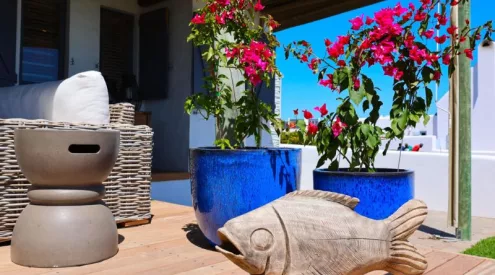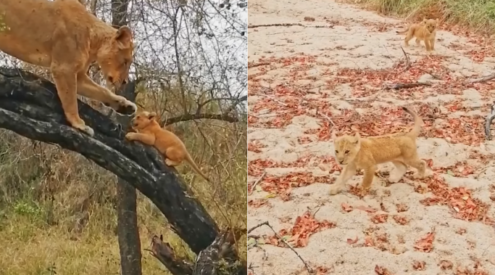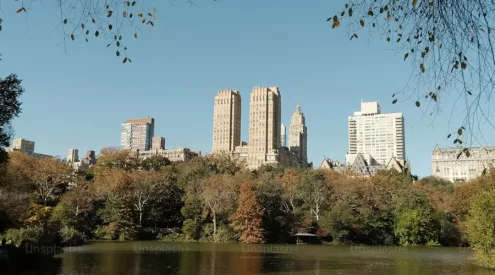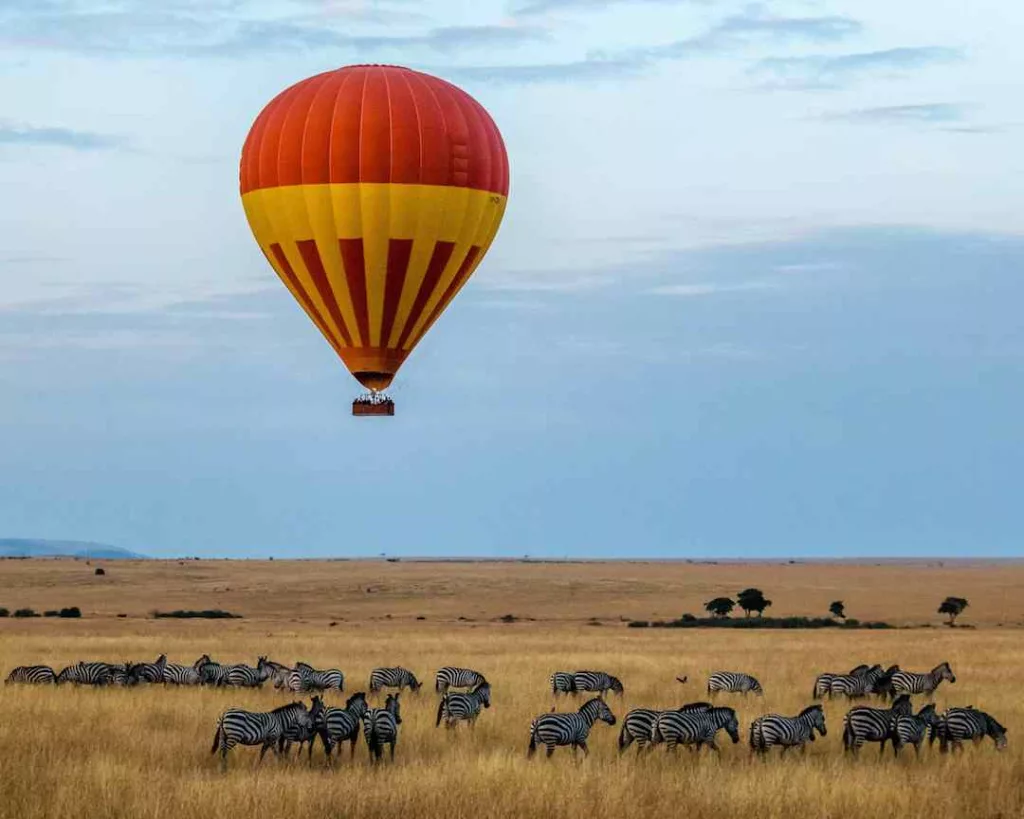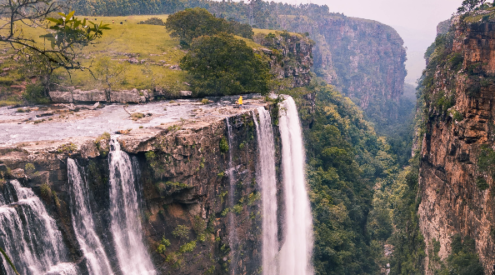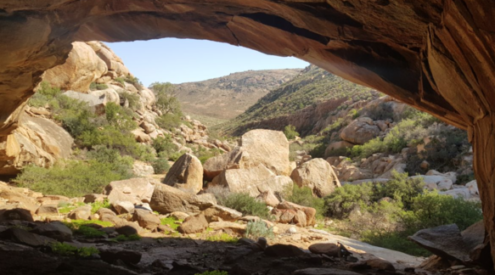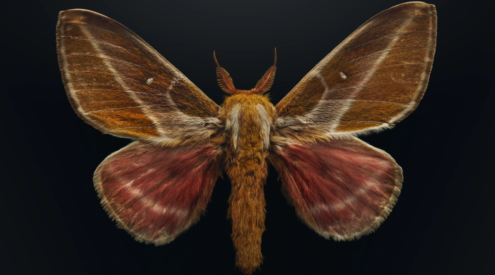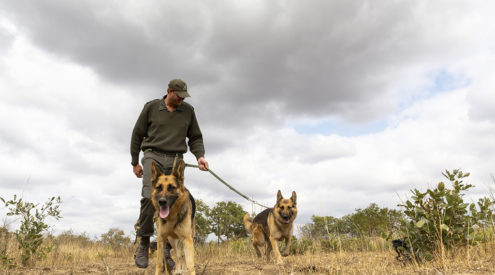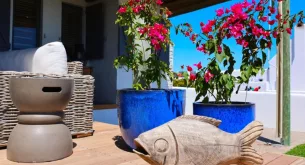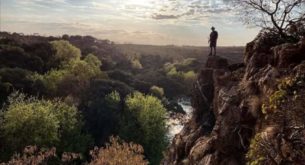How does checking out some gorgeous butterflies at the same time as contributing to the local community sound?
Next time you’re visiting iSimangaliso’s Lake St Lucia or Cape Vidal north of Durban on the KwaZulu-Natal coast, allow time to stop at Isiphaphalazi Butterfly House. You’ll find it a few kilometres west of St Lucia on the main road from Mtubatuba. Look for the signs to the Manukelana organic nursery and Butterfly House at Khula Village and you’ll enter another world.
It all started back in 1998 when ‘four dread men with Rastafarian spirit’ started an organic nursery. They were Mdudi Mhlongo, Bhekinkozi Phungula, Musa Zhikali and Ernest Mlambo. When something started devouring the plants, they were worried. Then a butterfly specialist came to visit and told them the culprits were caterpillars that would soon become butterflies. This gave them the idea of building a butterfly house but, short of funding, it struggled for a while.
Then in 2007 a funding boost came from the African Conservation Trust. Today you will find an admittedly rather ramshackle-looking but thriving earthworm farm, permaculture unit, nursery, and of course the butterfly house itself.
A smiling Prince Tshaka greets us and shows us around. We learn that these guys have taught 37 schools in the surrounding district not to cut down shrubs and trees that are hosts for butterflies. They have also helped them to create organic vegetable gardens to feed their communities.
Prince explains how the worm tunnels work, shows us the nursery of host plants for butterflies, and takes us on a tour of the organic vegetable garden before leading the way to a wooden hut that serves as his mini lecture hall. There he uses posters to explain the life cycle of butterflies and show us photographs of what some of them look like. Then, for the Main Event, he takes us into the butterfly house to see the real thing.
He confidently spews out the Latin names of the various host plants we find eggs or caterpillars on, confounding us with his grasp of names we can’t remember even five minutes later. Fizzing with enthusiasm and an obvious passion for his subject, he explains that each butterfly is very particular, choosing a specific species of plant to lay its eggs on.
If you’re in the area, make time to stop and find out about this valuable and interesting project that aims both to uplift the local community and conserve butterfly habitat. You’ll learn some things to put into practice in your own garden, and the kids will love the butterflies and caterpillars. The tour costs R35 per adult and R15 for kids under 16.
You may even want to ask about the butterfly trail through the nearby Dukuduku forest. Groups and schools are welcome; they’re bound to come away with a new appreciation for these intricately beautiful creatures.
St Lucia’s Isiphaphalazi Butterfly House
Contact Prince on 073-495-9163, office 035-550-4445 or see www.butterflyroutes.org for more info about this butterfly house project, as well as others at Tembe and Eshowe in KZN.

